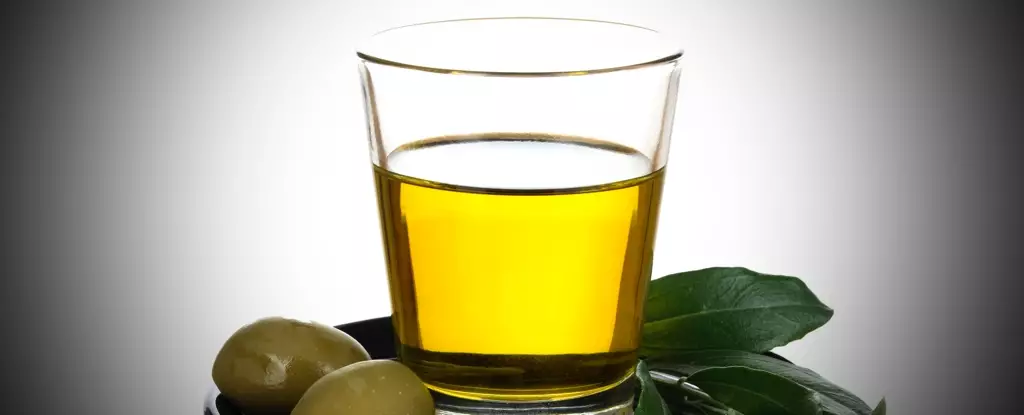The search for alcohol hangover cures has been a long-standing quest, with many remedies and solutions being touted as effective. One such remedy that has gained popularity in recent times is the idea that taking a shot of olive oil before consuming alcohol can prevent hangovers. This theory suggests that the high-fat content of olive oil can coat the stomach, slowing down the absorption of alcohol and thus reducing hangover symptoms. However, it is essential to approach this claim with a healthy dose of skepticism as it lacks scientific evidence to support its effectiveness.
The theory behind the olive oil trick is that the high-fat content of olive oil forms a coating on the stomach lining, which in turn slows down the rate at which alcohol is absorbed into the bloodstream. While it is true that fatty foods can delay alcohol absorption to some extent, the effectiveness of this tactic remains questionable. Alcohol absorption primarily takes place in the small intestine, with only a small percentage being absorbed in the stomach. Therefore, even if olive oil slows down the initial absorption in the stomach, most of the alcohol will still be absorbed later in the digestive process.
Preventing hangovers is a complex task that involves multiple factors such as hydration, nutrition, and alcohol moderation. While olive oil may help in slowing alcohol absorption slightly, it is by no means a comprehensive solution to preventing hangovers. There are several well-established methods that are more effective in preventing or mitigating hangover symptoms:
Dehydration is a significant contributor to hangover symptoms. Drinking water before, during, and after alcohol consumption can help maintain hydration levels and reduce the severity of hangovers.
Consuming a nutritious meal before drinking can slow down alcohol absorption more effectively than a shot of olive oil. Foods rich in protein, fats, and complex carbohydrates can provide a balanced approach to mitigating alcohol’s effects.
The most effective way to prevent a hangover is to drink in moderation. Setting limits and pacing alcohol intake can significantly reduce the risk of experiencing hangovers.
After drinking, it is crucial to consume foods and drinks that replenish lost electrolytes and provide essential nutrients to help the body recover. Options like sports drinks, fruits, and vegetables can be beneficial in this regard.
While some individuals may claim that the olive oil method works for them, these anecdotal accounts can often be influenced by the placebo effect. Believing in the effectiveness of a remedy can sometimes lead to perceived improvements, even if the remedy itself is not scientifically proven to be effective. Therefore, it is essential to approach such claims with caution and consider the lack of robust scientific support for the olive oil hangover cure.
While the idea of using olive oil as a hangover cure may seem appealing, it is crucial to rely on scientifically proven methods to prevent or mitigate hangover symptoms effectively. By adopting a comprehensive approach that includes hydration, nutrition, and moderation, individuals can increase their chances of enjoying alcohol in a responsible and healthy manner.


Leave a Reply